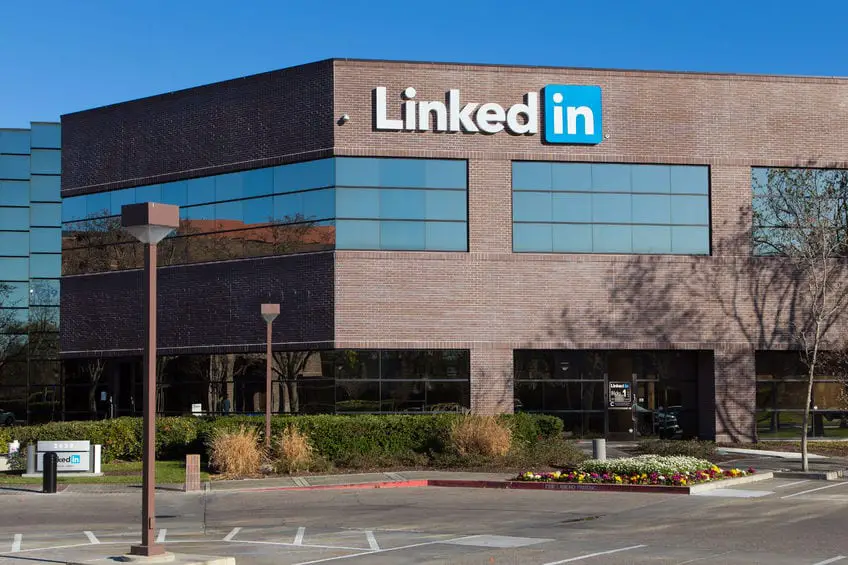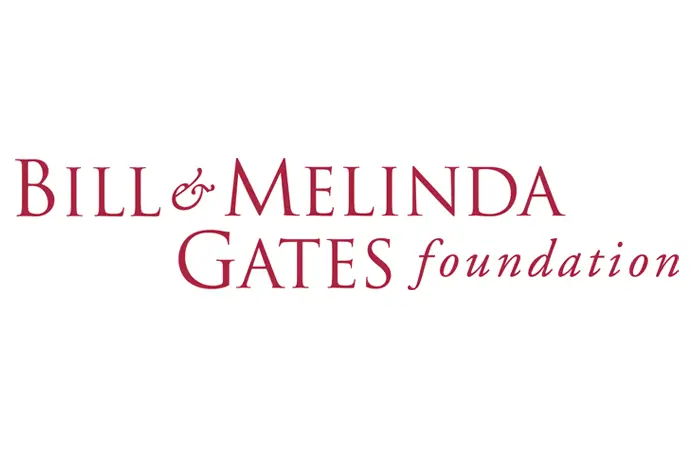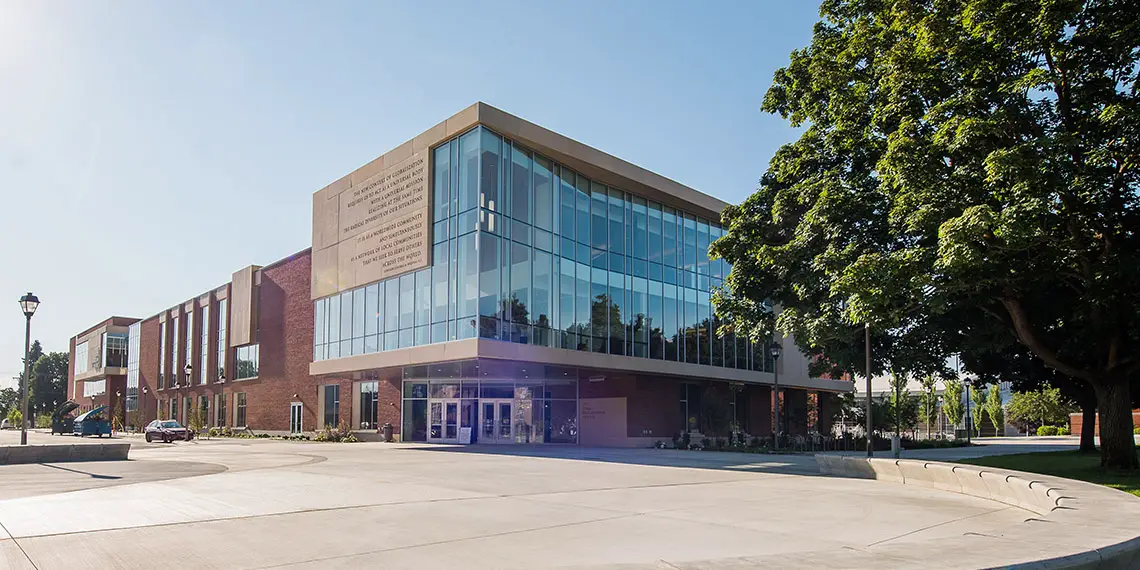LinkedIn Mission and Vision Statement Analysis

LinkedIn mission statement is to “connect the world’s professionals to make them more productive and successful.” The mission statement concisely highlights the major activity that runs the entire company. The emphasis here is on ‘connect,’ which that company has stayed true to throughout the 16 years it has been in operation. In fact, every transition and change in its strategic approach has remained aligned to this concept of the company. Several characteristics can be associated with this mission statement:
- Connecting the world
- Improvement of life
- Boosting productivity and success.
LinkedIn is specially designed to create connections between different people across the globe. To achieve this, the company’s site strategically offers its clients optimized options that increase their online presence. They are also designed to rank and categorize individuals to match their preferences with others sharing similar elements, and this increases their chances of sharing ideas.
For instance, the company describes itself as a platform where its clients can become part of a professional community where they can get all types of services including some elements of mentorship and related guidance. In fact, the integrated system the corporation provides that brings together different entities such as job seekers, employers, and trainers show the progress this company has made so far in satisfying this component of its mission statement.
The second characteristic of LinkedIn mission statement is an outcome of the satisfaction of the first component in various ways. For example, when people get connected with others sharing similar careers, ambitions, and interests, they get a sense of belonging and fulfillment. In addition, this interrelation provides them with an opportunity to learn from others, advance their careers, and get connections to suitable job opportunities through the platform.
LinkedIn recognizes the sophistication of finding reliable professional partners, and through its system, it continues to improve people’s economic lives. Overall, by doing this, the company has made significant strides in improving the productivity and success of all its clients.
Introduction
LinkedIn is virtually the most reputable online platform for that interlinks professionals across the globe. As an online employment-oriented company, LinkedIn has stamped its authority in what it does by being the most reliable service provider with a presence in all countries in the world. In fact, ever since its foundation in 2002, LinkedIn has maintained its position as a leader in this role courtesy of the precision of its mission and vision statements.
A company’s vision statement points to the future destination that inspires the operations and growth of a firm. LinkedIn vision statement guides the organization to realign its activities and exploit its expertise in such a way that the company becomes the source of economic liberation for its clients. The mission statement works hand in hand with the vision statement.
The concept of a vision statement is essentially the actions a company implements to progress towards the achievement of the vision statement. In the case of LinkedIn, the mission statement stresses on its central purpose – creating productive linkages for its clients or professionals with other experts and with professional opportunities.
LinkedIn growth is also highly correlated to the guiding principles of the company. These are the core values such as recognition of the fact that relationships matter, demanding excellence and intelligent risk-taking among others. The impact of these values on the company’s growth journey cannot be overlooked. They have essentially been instrumental in the positioning of the company and its compliance with the mission and vision statements.
Vision Statement
LinkedIn vision statement is “Create economic opportunity for every member of the global workforce.” Based on LinkedIn, being dependable and gaining a global presence is its leading ambition. The company is motivated to achieve this vision through its advanced platform that keeps adapting to the changing times and needs of its customers. Key components that closely relates to this vision statement include:
- Creating economic opportunities
- Linking every member
- Having a global presence
The primary objective of LinkedIn as a corporation is to be a creator of economic opportunities. The company does this by strategically positioning itself as a leader when it comes to finding these opening whenever they emerge and making them openly accessible to all its users.
Through its modernized platform, members can create a profile that gives him or her access to every opportunity LinkedIn showcases. In fact, they also get prompt notifications when these arise. By doing so, the company ensures that it also meets the requirements of the second component as well.
The recent upgrades that also integrates social apps such as Twitter and Facebook to LinkedIn platform are a revelation of how progressive the company has been when it comes to linking every member, and this linkage goes beyond any borders. LinkedIn establishes itself as a global company, and that is why its services are not limited to any country or region. It serves the global community, something that speaks volumes of the strength of its mission and vision statements.
LinkedIn establishes itself as a global company, and that is why its services are not limited to any country or region. It serves the global community, something that speaks volumes of the strength of its mission and vision statements.
Core Values
LinkedIn core values comprise “being members first, relationships matter, be open-honest and constructive, demand excellence, take intelligent risks, and act like an owner.” The company holds these values with high regard as the codes accredited to its overall success. They are the bonds that keep the company together and keeps everyone motivated and committed to the overall goals and objectives. Each of these values is critical to the company.
For instance, LinkedIn encourages everyone to sign up and not only be part of the community but also enjoy the full benefits that come with it. It is through this profile that relationships are stimulated through interactions guided by the third value of the company that calls for open honesty and constructive interactions.
The company is primarily professional, and therefore, all its designs are optimized to influence similar relationships across the board. Additionally, LinkedIn acts as a role model to stress the importance of excellence from all its users in creating connections and the need for being wise while taking risks. It recognizes that this is what leads to economic empowerment of its clients, who the company considers as a critical part of its organization as emphasized by the demand for them to act like they own it. In this way, this ensures everyone advances its mission and vision.
The company is primarily professional, and therefore, all its designs are optimized to influence similar relationships across the board. Additionally, LinkedIn acts as a role model to stress the importance of excellence from all its users in creating connections and the need for being wise while taking risks. It recognizes that this is what leads to economic empowerment of its clients, who the company considers as a critical part of its organization as emphasized by the demand for them to act like they own it. In this way, this ensures everyone advances its mission and vision.
References
- Alba, J. (2014). I’m on LinkedIn: Now what. Cupertino, CA: Happy About.
- Analoui, F., & Karami, A. (2002). CEOs and development of the meaningful mission statement. Corporate Governance: The international journal of business in society, 2(3), 13-20.
- Brown, D. R., & Harvey, D. (2006). Organization development. Seven Edition, Pearson Education, 166.
- Campbell, A. (1989). Does your organisation need a mission?. Leadership & Organization Development Journal, 10(3), 3-9.
- Eși, M. C. (2014). The mission statement of the business organisation by reference to the economic market requirements. The USV Annals of Economics and Public Administration, 14(2 (20)), 131-138.
- Esi, M. C. (2015). Formulating the mission of business organization by reference to the economic market requirements. Procedia Economics and Finance, 20, 201-207.
- Hader, R. (2006). More than words: Provide a clear and concise mission statement.
- Herman, J. (1989). Site-based management: Creating a vision and mission statement. NASSP Bulletin, 73(519), 79-83.
- Kirkpatrick, S. A., Wofford, J. C., & Baum, J. R. (2002). Measuring motive imagery contained in the vision statement. The Leadership Quarterly, 13(2), 139-150.
- Lewis, C. (2005). Mission and vision statements. The Times, 5.
- LinkedIn – Home.
- Macarthy, A. (2018). 500 Social Media Marketing Tips: Essential Advice, Hints and Strategy for Business Facebook, Twitter, Pinterest, Google+, YouTube, Instagram, LinkedIn, and More! Create Space Independent Publishing Platform.
- Nagle, T. T., & Holden, R. K. (2002). The strategy and tactics of pricing: A guide to profitable decision making.
- Paarlberg, L. E., & Perry, J. L. (2007). Values management: Aligning employee values and organization goals. The American Review of Public Administration, 37(4), 387-408.
- VISION, L., & TODAY’S, S. A. C. R. I. (1996). Demystifying the development of an organizational vision. Sloan management review.
- Yang, C. C. (2009). Development of an integrated model of a business excellence system. Total Quality Management, 20(9), 931-944.











